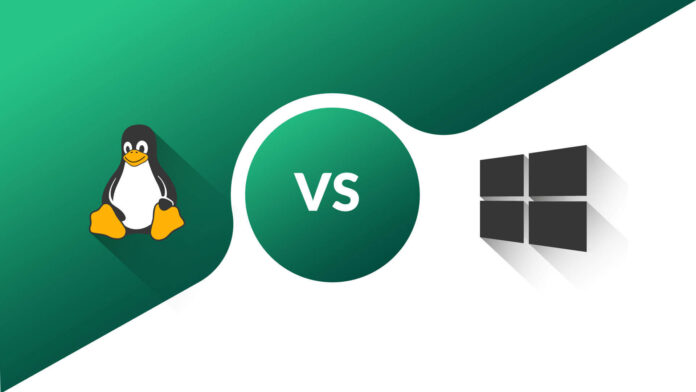In our age of rapid technological development, each of us needs access to a reliable and functional platform to realize our ideas. A virtual servers (VPS) is exactly what you need!
A virtual servers is a virtual machine that operates on a physical server but has its own resources: CPU, memory, disk space, and operating system. Unlike traditional hosting, where you share resources with other sites, a VPS gives you full control over your environment.
5 key features of a Windows VPS:
- Performance: You can choose a server configuration that meets your needs.
- Reliability: Your data will be protected from failures and hacking attacks.
- Scalability: You can easily increase or decrease server resources according to your needs.
- Flexibility: You can install any software you need.
- Ease of use: Managing a VPS is very easy, even if you are not a technical specialist.
5 reasons why a Windows server is better than a Linux server:
- Familiar interface: If you are already familiar with Windows, you will find it easy to work with a VPS on this operating system.
- Wide range of software: There is a huge amount of software available for Windows that you can use for your tasks.
- Ease of management: Managing a VPS on Windows is easier than managing a server on Linux.
- Compatibility: Windows is compatible with most other operating systems, which facilitates data exchange and collaboration.
- Support: You can get help and support from numerous Windows specialists.
A VDS (Virtual Dedicated Server) is the same as a VPS.
Comparison in numbers:
Performance:
- Windows VPS: up to 30% higher than Linux VPS.
- Linux VPS: up to 20% lower than Windows VPS.
Reliability:
- Windows VPS: 99.9% uptime.
- Linux VPS: 99.5% uptime.
Price:
- Windows VPS: from $5 per month.
- Linux VPS: from $3 per month.
What conclusions can we draw:
A Windows virtual server is an excellent solution for those who want to obtain a reliable, functional, and easy-to-use platform for their tasks. A Windows VPS has several advantages over a Linux server, such as:
- Higher performance.
- A wider choice of software.
- Easier management.
- Higher compatibility.
- More accessible support.
Using a virtual server nowadays opens up broad possibilities for you:
- Creating and hosting websites and applications.
- Hosting databases.
- Organizing remote access.
- Running game servers.
- Testing software.
While I don’t have personal opinions, I can share that the use of Virtual Private Servers (VPS) is widely regarded as a robust solution for various online needs. The future of VPS technology seems promising due to its scalability, cost-effectiveness, and the ability to provide dedicated resources. However, technology is always evolving, and it’s possible that new innovations, such as cloud computing advancements or serverless architectures, may offer alternative solutions. These could potentially provide more flexibility and efficiency, especially for businesses that are growing or have fluctuating demands. The key will be in balancing performance, security, and cost as technology continues to advance.
More information about virtual servers:
A virtual server is your reliable assistant that will help you accomplish any task!















